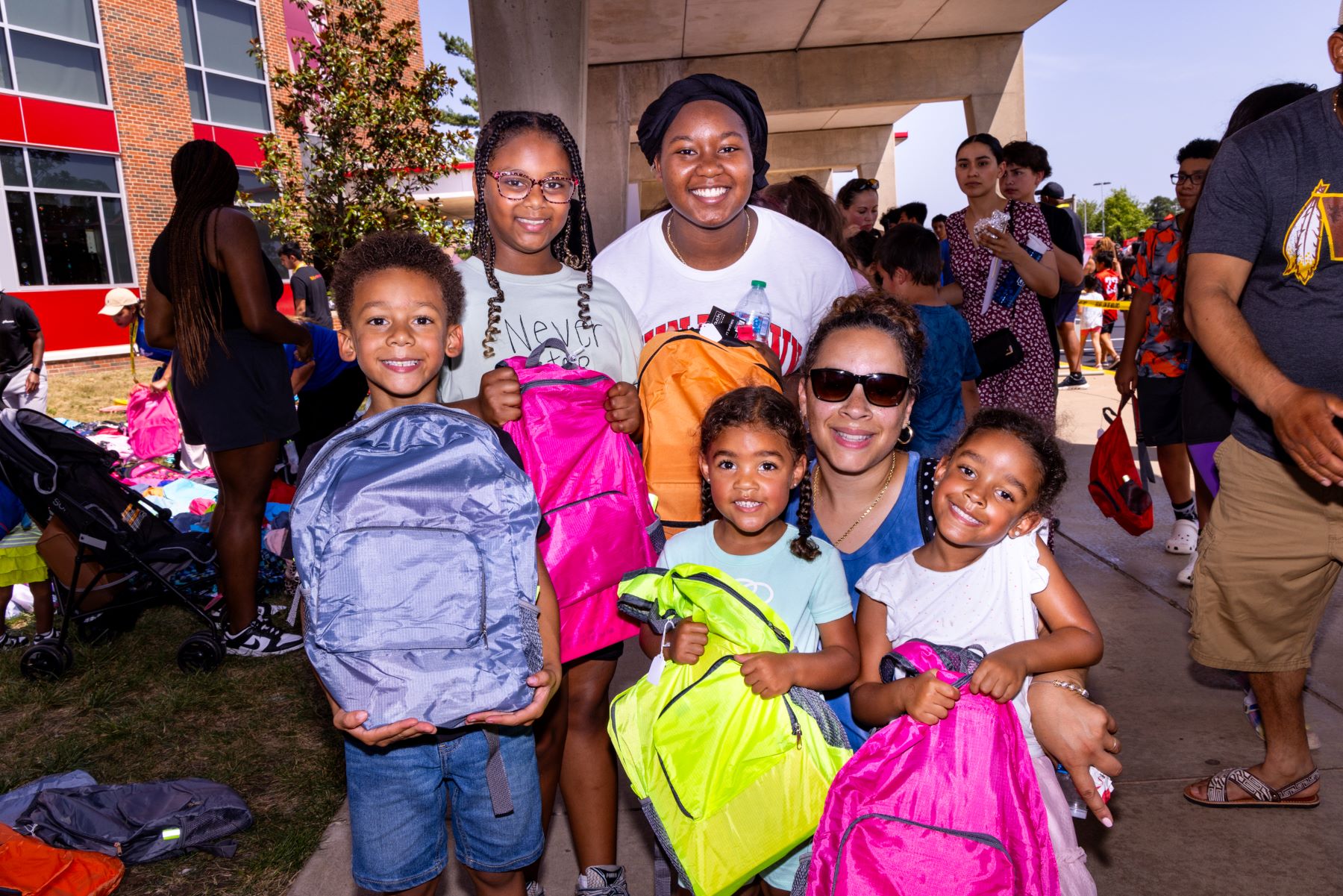McClellan Statement on the Signing of Paid Sick Leave Bill
Today, Senator Jennifer McClellan (D-Richmond) celebrated the signing of HB 2137, a bill to provide annual paid sick leave to home health workers. Sen. McClellan was one of two Senate co-patrons of Del. Elizabeth Guzman’s (D-Prince William) bill. Governor Northam ceremonially signed the bill into law this afternoon.
HB 1237 will provide 5 days of paid sick leave per year to 30,000 home health care workers, starting on July 1. The bill will help address the worker risk and job insecurity that has been exacerbated by the COVID-19 pandemic. The original bill called for paid sick leave for all Virginia employees.
“Every worker in Virginia deserves paid sick leave and paid family leave, and this bill is a great start,” said Sen. McClellan. “Home health workers have been serving on the front line of the pandemic, having to risk their health and their job to ensure that our community is cared for. This bill will provide critical relief to 30,000 home workers in Virginia, who are disproportionately women of color. Thank you to Del. Guzman for your persistence and tenacity in passing this important bill to protect home health workers. We must build on this momentum to deliver for the rest of the 1.2 million Virginia employees who still don’t have paid sick leave.”
Sen. McClellan has been a Senate leader in the effort to expand paid sick leave and paid family and medical leave. Sen. McClellan co-patroned bills to establish a paid family and medical leave program in both the 2021 and 2020 sessions. In 2020, McClellan was a co-patron of a bill to provide paid quarantine leave during the COVID-19 pandemic, and a bill to provide paid sick leave for Virginia employees.
McClellan was also the chief patron of the Domestic Workers Bill of Rights (SB1310), extending the Virginia Human Rights Act and workplace health and safety protections to home health care workers and other domestic workers. In 2020, she was the chief patron of a domestic workers bill that passed into law making domestic workers eligible for minimum wage.



